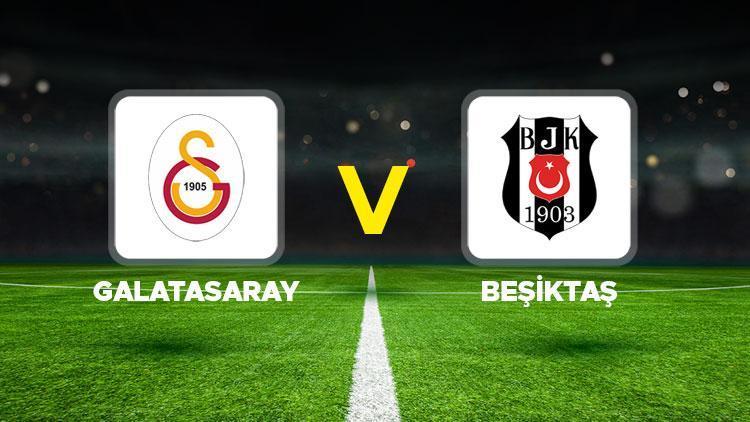
NATO Chief Confirms North Korean Troops Deployed in Russia’s Kursk Region
In a startling revelation, NATO Secretary-General Mark Rutte has confirmed the deployment of North Korean troops in Russia's Kursk region. This significant development underscores an alarming escalation in the ongoing conflict between Russia and Ukraine, marking what many analysts describe as a dangerous expansion of hostilities in the region. Rutte’s announcement comes in the wake of intelligence reports suggesting that these troops are not merely there for training but have actively joined Russian forces as they struggle to repel Ukrainian advances.
According to Rutte, this collaboration between North Korea and Russia signifies a deepening military partnership that could have profound implications for global stability. He stated, "Today, I can confirm that North Korean military units have been deployed to the Kursk region," emphasizing the seriousness of this situation. The presence of these troops is expected to add considerable strain to Ukraine’s already exhausted military, which has been defending its territory against Russian incursions for nearly three years.
The geopolitical ramifications are extensive, especially as this alliance further complicates the delicate balance of power in the Indo-Pacific region. Countries like Japan and Australia are already on high alert, recognizing that North Korea's involvement in a European conflict could have spillover effects on regional security. President Vladimir Putin has been actively seeking partnerships to counter Western influence, and this recent development aligns with his efforts to form a united front against perceived aggressors.
Also Read:- Arson Attacks on Ballot Boxes Raise Alarms in Vancouver and Portland
- Galatasaray vs Beşiktaş: The Intensity of a Timeless Rivalry
Ukrainian officials have reacted with urgency, noting that sanctions alone will not suffice in countering this threat. Andriy Yermak, the chief of staff to President Volodymyr Zelensky, urged for a robust response from Western allies, stating that "North Korean troops are already in the Kursk region...This is an escalation." He made it clear that Ukraine requires more than just economic penalties; it needs immediate military support to confront the increasing North Korean involvement.
Moreover, President Zelensky has indicated that North Korean troops could soon be engaged in direct combat, estimating that around 10,000 soldiers may have been sent to bolster Russian efforts against Ukraine. This claim is corroborated by U.S. intelligence assessments, which estimate that approximately 3,000 North Korean soldiers have already moved closer to the conflict zone. As tensions rise, the potential for increased casualties and a broader war looms ominously over the region.
While North Korea has historically been isolated on the world stage, its partnership with Russia has grown more pronounced since the latter's invasion of Ukraine. Pyongyang's military support, including shipments of ammunition and missile technology, has raised alarms among Western nations. In exchange, Russia appears to be offering military technology to help North Korea evade international sanctions. This relationship is viewed by many experts as a significant threat to global peace and security, as it emboldens both nations to pursue aggressive strategies against their adversaries.
As NATO continues to monitor this precarious situation, the alliance remains committed to consulting with member states and allies in the Indo-Pacific. Rutte’s statements reflect a broader concern that the introduction of North Korean troops could escalate the conflict further, creating a volatile environment that could destabilize not just Europe, but also regions far beyond.
With military operations ongoing and new alliances forming, the stakes are higher than ever. The international community watches closely, recognizing that the involvement of North Korean forces in Ukraine could lead to unforeseen consequences that could alter the landscape of global geopolitics.
Read More:



0 Comments